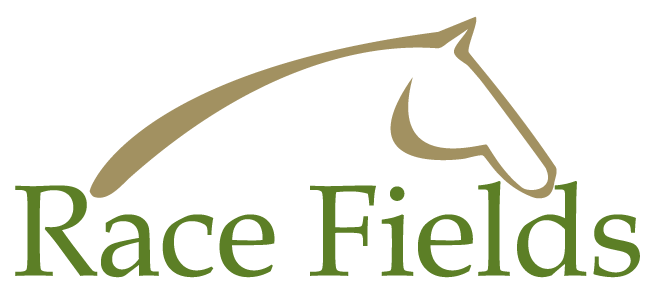The race that stops the nation is meant to be the celebration of a great sporting event, not a time to be talking about animals suffering.
But the deaths of two racehorses after Tuesday's Melbourne Cup switched the national conversation.
Instead of the sensational four-length win by Germany's Protectionist, talk was about Admire Rakti.
The Japanese stallion had been favoured to win the big race, but instead stumbled last to the finish line and died from heart failure in its stall minutes later.
More grim news followed. Araldo, a six-year-old that came seventh in the Cup, had been put down after it was spooked by a flag in the crowd, kicked out and broke a hind leg.
Suddenly, social and mainstream media were alive with sorrow, guilt and anger.
The sorrow was for the horses, the guilt from the once-a-year punters who felt bad about supporting a sport in which animals died.
The anger flew two ways: from animal rights supporters angry at the racing industry, and from horse people furious that those who didn't know horses were calling them cruel.
The Coalition for the Protection of Racehorses was in the middle of the fight.
The group caused outrage in October with a billboard over a Melbourne freeway that showed a dead jumps horse and the words "Horse racing kills" and "Is the party really worth it?"
Now, CPR was claiming that 125 horses died in the 2013-14 racing season - one horse every 2.9 days.
Industry body the Australian Racing Board says that if the figure is right, it's only 0.07 per cent of the 189,259 starters across 19,511 races.
As a percentage of the 36,675 horses registered to race, it is 0.3 per cent.
ARB chief executive Peter McGauran, a former agriculture minister in the Howard government, dismisses CPR's work as the exploitative claims of extremists whose stated goal is to close down the industry.
CPR founder Elio Celotto says he doesn't want to close down horse racing, just change it.
The 52-year-old property developer and former punter has been campaigning for six years and is unapologetic about speaking out when emotions are rawest.
"The problem that we have is the racing industry as it currently stands, we think, has many problems. We want to draw attention to those problems and we'll use any means possible," Mr Celotto tells AAP.
CPR wants whips banned from racing and no more two-year-old races, a practice the group says stresses immature horses and sets them up for problems later.
Victoria Racing Club head vet Dr Brian Stewart has categorically ruled out the whip playing any role in Admire Rakti's death, but Mr Celotto doesn't accept that.
CPR points out Admire Rakti's jockey, Zac Purton, was fined for excessive whip use when the horse won the Caulfield Cup in October.
"The horse was whipped twice in the main straight in this particular race (the Melbourne Cup), but the history of the horse is very different," Mr Celotto says.
"He knew what he had to do and did everything that he possibly could."
Trainers and horse owners hit back at the cruelty claims, asking why, if they were so heartless, were Rakti's Japanese strappers in tears after the horse lost its struggle for life.
The day after the Cup, Protectionist's Australian owner, Jamie Lovett, looked to be containing himself somewhat when he told a media conference the protesters didn't know what they were talking about.
"I wish these guys would go to the track at five o'clock in the morning and see how these people care for their horses," he said.
"There would be no argument if you could see."
Leading racehorse trainer Robert Smerdon says racehorse deaths are blown out of proportion by activists.
"It's such a very minimal occurrence that unfortunately happened on a big stage to the main player," he says.
The lead orthopaedic researcher at the University of Melbourne Werribee Equine Centre, Chris Whitton, cautions about drawing conclusions about what caused Admire Rakti's death.
Cardiac problems are rare in horses and there is simply not enough evidence to understand them well, he says.
Associate Professor Whitton says he believes the racing industry is carefully controlled.
"My experience is the vast majority of people in the racing industry care about their horses and follow the rules and are strictly watched by stewards and regulatory vets," he says.
There is zero tolerance to cruelty to horses.
Mr Celotto says he is confident CPR will bring change to the industry.
While he says he already has the support of some horse owners, he also acknowledges CPR has made plenty of enemies.
"I don't think we're ever going to change the opinions of people that work in the racing industry," he says.
"I believe that they truly believe that they love their horses. But when you expose these horses to the risks that they are exposed to and once they lose that ability to race, they are discarded. I think that tells you the real story."
 InglisDigitalAUS
InglisDigitalAUS InglisDigitalUSA
InglisDigitalUSA







